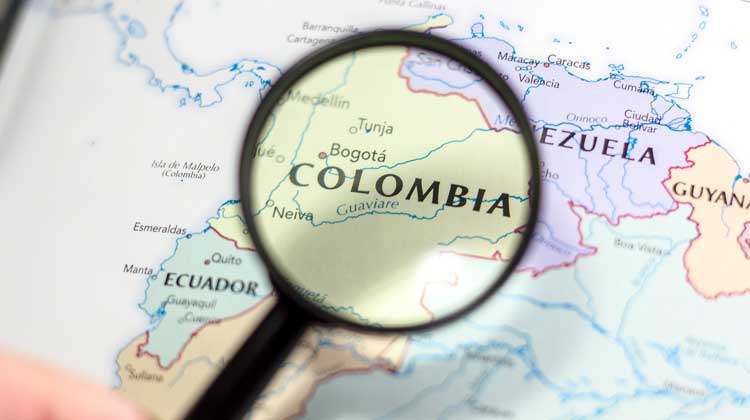From In Homeland Security
Despite several strategies to eradicate domestic cocaine production, Colombia continues to struggle with the massive amount of drugs that are cultivated and manufactured within its borders. Government control measures include the arrest of major drug lords and the dismantling of their cartels, as well as the prosecution of corrupt politicians and police officers involved in the drug trade.

But those steps have only led to a stronger network of decentralized drug traffickers who often work independently. As a result, that makes it harder to investigate them than the hierarchical transnational cocaine organization like the one led by drug kingpin Pablo Escobar.
Difficulty of Eradicating Cocaine Growing in Colombia
Colombia is a world leader in cocaine cultivation and a major heroin supplier to the world. Coca leaves, the key ingredient in cocaine production, are grown in Colombia’s Andes Mountains. This area has been the focus of crop eradication for decades.
Failing Drug Production Battle
From 2000 to 2005, the United States appropriated about $4.3 billion for the Andean Counter-Drug Initiative, according to a report from the Congressional Research Service. The funds were targeted to eradicate the coca and opium poppy plants used to produce the illicit drugs.
Strategies
The International Agency for Research on Cancer, a World Health Organization affiliate, found in 2015 that the aerial pesticide spray glyphosate (also known as Roundup) exposed Colombian farmers and villagers to a possible carcinogenic. Consequently, the Colombian government banned its use after it had been on the market for nearly two decades.
Continue reading here.